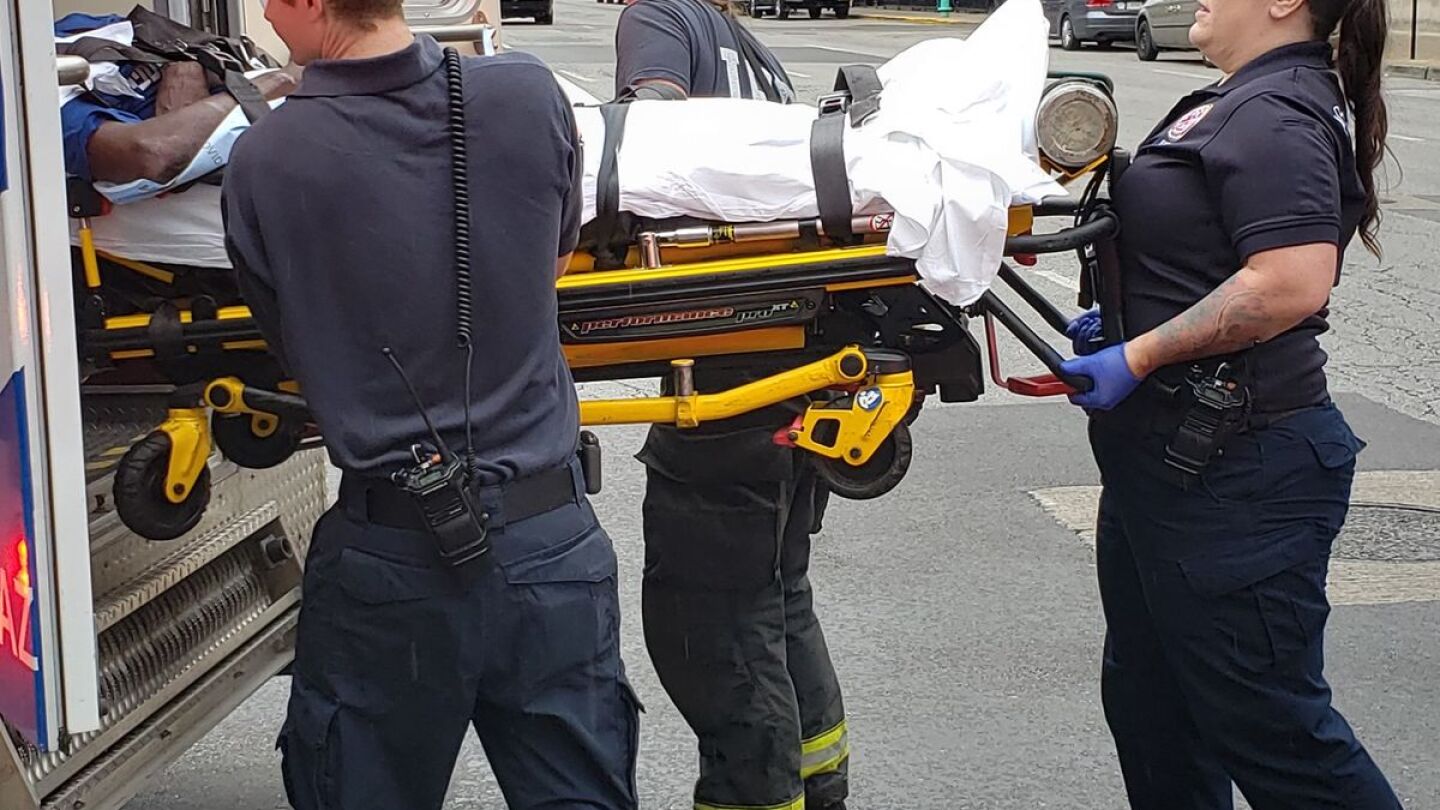Clinical
Access our directory of clinical articles in EMS, which offers in-depth information on patient assessment, treatment protocols, and emerging medical practices. This collection covers various clinical topics essential for EMS professionals, from advanced pharmacology to trauma management. Staying up-to-date with clinical knowledge is vital for delivering high-quality patient care. For additional resources, explore our section on Medical Research. Enhance your clinical expertise with our expert-driven content.
Baltimore City Fire Department trains to go above and beyond the call of duty for the patients they serve
To make an effective splint, focus on the craft rather than focusing on the device
Make your patient feel less like a sack of potatoes with these tips from Steve Whitehead
Warning signs and a checklist for evaluating patients after a lift assist
How one county agency is saving lives with prehospital transfusions
Steve Whitehead describes when you might encounter this scenario and how you should handle it
Show off the strength of your medical vocabulary with this 10-question quiz of medical terms every EMT should know
Learn how to differentiate supraventricular tachycardia from sinus tachycardia on ECGs by examining P wave visibility, heart rate, and rhythm regularity.
Quickly and confidently interpret EKG rhythms using this 10-step method tailored for EMS providers, helping improve prehospital cardiac care
Memorization of acronyms does not necessarily translate to understanding; here’s a breakdown of what DCAP-BTLS means
What will TNKase’s 5-second IV bolus mean for EMS stroke care?
High-stress decisions and human limitations demand more than just training
Learn the key differences, signs and symptoms of compensated and decompensated shock to improve prehospital recognition and response
Discover actionable strategies for EMS teams to minimize errors through rest, focus and teamwork
Steve Whitehead breaks down pulse ox plethysmography
Chest pain, rapid heartbeat, shortness of breath: While panic attacks and anxiety attacks share common symptoms, they also have distinct differences
EMS clinicians should rely on their assessment and facts when assessing people with a suspected factitious disorder
Make no mistake, every EMS provider in every state has a duty to perform a full and complete assessment on every living patient
Identifying and treating tension pneumothorax, a life-threatening condition that can occur with chest trauma
OPQRST is an important part of patient assessment and the start of a conversation with the patient about their pain complaint
Capnography and ETCO2 monitoring are critical for assessing ventilation, confirming airway placement and guiding resuscitation
A pioneering EMS program is helping patients with opioid use disorder find a path to recovery
Discover how fentanyl test strips work, the obstacles to their widespread use and their impact on harm reduction
Steve Whitehead shares CPAP contraindications
OMI President Felix Marquez shares how VR training is helping rural Florida EMS agencies maintain critical pediatric emergency skills
Assessment and treatment pearls to simplify three common chest trauma presentations
Think you or someone you know might have measles? Here’s what you need to know
“There has never been a more crucial time to have a wingmate in EMS – a wingmate to watch your six and guide each other through the storm”
Realistic scenarios that reflect the patients EMTs and paramedics regularly encounter are critical to preparing students for the challenges of the EMS profession
MOST POPULAR
- 30 feet to catastrophe: The price of a higher wall — injuries at the U.S.-Mexico border
- The basics of thoracic trauma: It’s all about airflow and pressure
- The EMS Book Club: 10 texts all paramedics should have on their shelves
- Measles: What it is, how it spreads and what to do if you suspect it
- 5 errors that are giving you incorrect blood pressure readings































